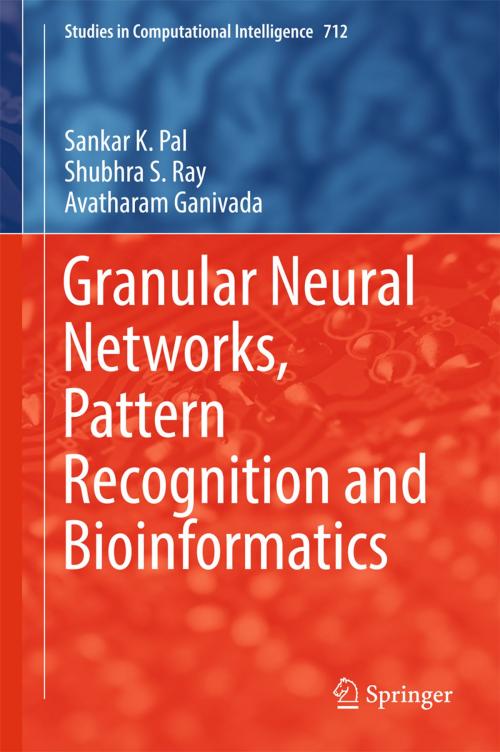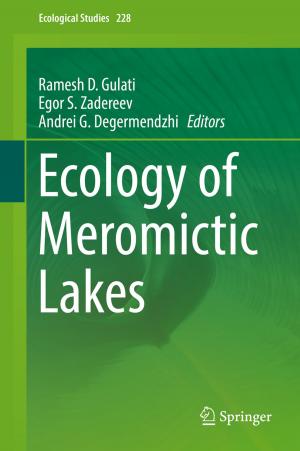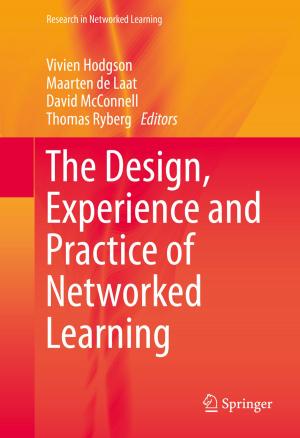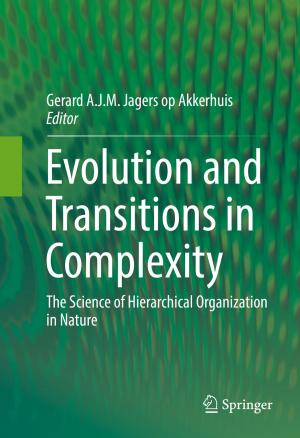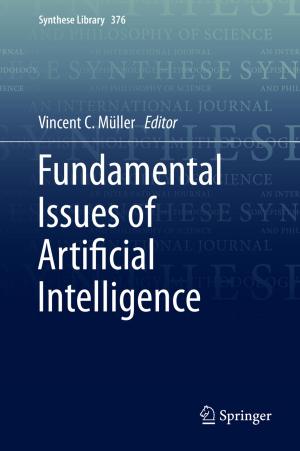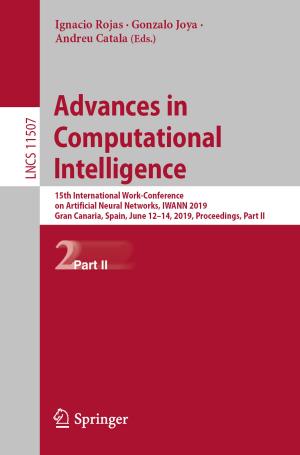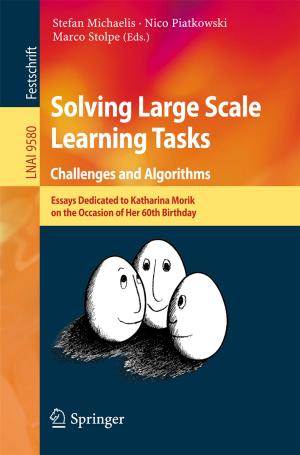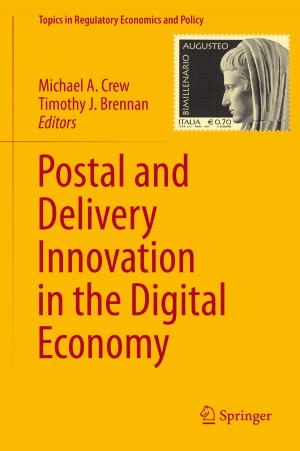Granular Neural Networks, Pattern Recognition and Bioinformatics
Nonfiction, Computers, Advanced Computing, Artificial Intelligence, Computer Science, General Computing| Author: | Sankar K. Pal, Shubhra S. Ray, Avatharam Ganivada | ISBN: | 9783319571157 |
| Publisher: | Springer International Publishing | Publication: | May 2, 2017 |
| Imprint: | Springer | Language: | English |
| Author: | Sankar K. Pal, Shubhra S. Ray, Avatharam Ganivada |
| ISBN: | 9783319571157 |
| Publisher: | Springer International Publishing |
| Publication: | May 2, 2017 |
| Imprint: | Springer |
| Language: | English |
This book provides a uniform framework describing how fuzzy rough granular neural network technologies can be formulated and used in building efficient pattern recognition and mining models. It also discusses the formation of granules in the notion of both fuzzy and rough sets. Judicious integration in forming fuzzy-rough information granules based on lower approximate regions enables the network to determine the exactness in class shape as well as to handle the uncertainties arising from overlapping regions, resulting in efficient and speedy learning with enhanced performance. Layered network and self-organizing analysis maps, which have a strong potential in big data, are considered as basic modules,.
The book is structured according to the major phases of a pattern recognition system (e.g., classification, clustering, and feature selection) with a balanced mixture of theory, algorithm, and application. It covers the latest findings as well as directions for future research, particularly highlighting bioinformatics applications. The book is recommended for both students and practitioners working in computer science, electrical engineering, data science, system design, pattern recognition, image analysis, neural computing, social network analysis, big data analytics, computational biology and soft computing.
This book provides a uniform framework describing how fuzzy rough granular neural network technologies can be formulated and used in building efficient pattern recognition and mining models. It also discusses the formation of granules in the notion of both fuzzy and rough sets. Judicious integration in forming fuzzy-rough information granules based on lower approximate regions enables the network to determine the exactness in class shape as well as to handle the uncertainties arising from overlapping regions, resulting in efficient and speedy learning with enhanced performance. Layered network and self-organizing analysis maps, which have a strong potential in big data, are considered as basic modules,.
The book is structured according to the major phases of a pattern recognition system (e.g., classification, clustering, and feature selection) with a balanced mixture of theory, algorithm, and application. It covers the latest findings as well as directions for future research, particularly highlighting bioinformatics applications. The book is recommended for both students and practitioners working in computer science, electrical engineering, data science, system design, pattern recognition, image analysis, neural computing, social network analysis, big data analytics, computational biology and soft computing.
